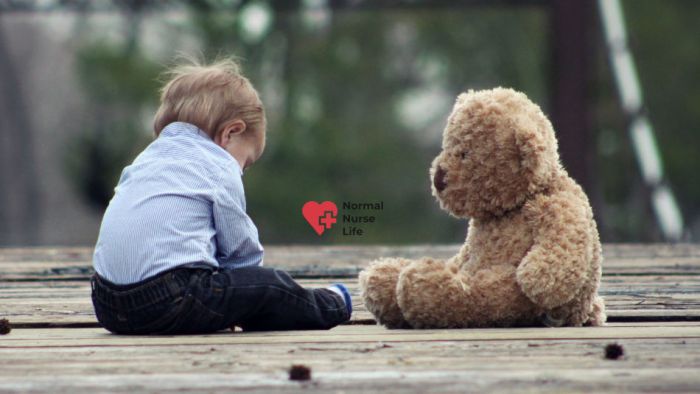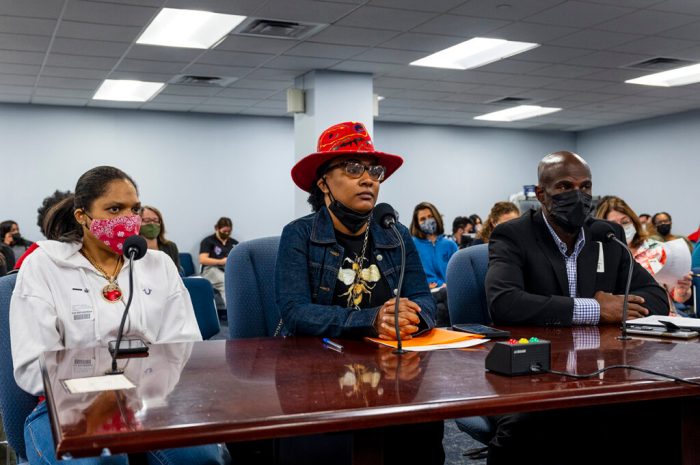Can you be a nurse with a CPS case? This question raises complex ethical, legal, and practical considerations that impact individuals, healthcare organizations, and the communities they serve. This article delves into the intricacies of this issue, exploring the eligibility requirements, ethical implications, workplace impact, disclosure and transparency, and support and resources available to nurses with CPS cases.
As we navigate this topic, it is crucial to approach it with sensitivity, recognizing the potential vulnerabilities and strengths of individuals involved. By fostering a nuanced understanding of the complexities at play, we can create a more inclusive and equitable healthcare system that supports both nurses and the communities they serve.
Eligibility and Restrictions
Nurses seeking licensure must meet specific eligibility requirements, which may include restrictions related to Child Protective Services (CPS) cases. Regulations and policies governing these requirements vary depending on the jurisdiction.
For instance, some jurisdictions may prohibit individuals with substantiated CPS cases involving child abuse or neglect from obtaining a nursing license. This restriction aims to protect vulnerable populations and ensure the well-being of children.
Ethical Considerations: Can You Be A Nurse With A Cps Case

Hiring nurses with CPS cases raises ethical implications that healthcare organizations must carefully consider. Potential risks include concerns about the safety and well-being of patients, especially children.
On the other hand, individuals with CPS cases may possess valuable life experiences and a deep understanding of child protection issues. By providing them with employment opportunities, healthcare organizations can promote inclusivity and support rehabilitation.
Workplace Impact
A nurse’s CPS case can impact the workplace in various ways. Interactions with patients may be affected, particularly in cases involving child abuse or neglect.
Colleagues and supervisors may also have concerns or biases towards nurses with CPS cases. Healthcare organizations should implement strategies to manage and mitigate any negative consequences, such as providing support and training to staff.
Disclosure and Transparency
Disclosure and transparency regarding CPS cases are crucial in the nursing profession. Nurses have a legal and ethical obligation to disclose such information to their employers and regulatory bodies.
Handling disclosure in a professional and sensitive manner is essential to protect the rights of both the nurse and the children involved. Healthcare organizations should provide guidance and support to nurses in navigating this process.
Support and Resources

Nurses with CPS cases may require support and resources to manage the challenges they face. Professional organizations, support groups, and mental health services can provide valuable assistance.
Healthcare organizations should collaborate with these resources to ensure that nurses have access to the necessary support and guidance to succeed in their roles and maintain the well-being of children and families.
User Queries
Can nurses with CPS cases work in all healthcare settings?
Eligibility may vary depending on the specific healthcare setting and the nature of the CPS case.
What are the ethical implications of hiring nurses with CPS cases?
Healthcare organizations must balance the potential risks and benefits, considering patient safety, staff dynamics, and the nurse’s ability to fulfill their duties.
How can healthcare organizations support nurses with CPS cases?
Support systems may include employee assistance programs, mental health services, and peer support groups.
What are the legal obligations of nurses to disclose CPS cases?
Nurses have a legal and ethical obligation to disclose any information that may impact patient safety or the integrity of the profession.